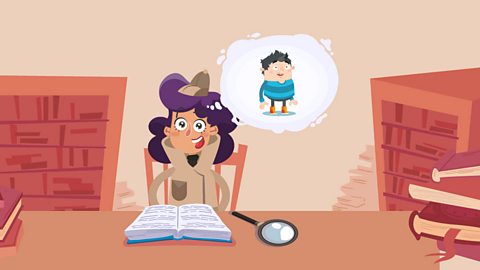Cinders turns detective to identify and read a line from a play. When you really think about it, weâre surrounded by words in all sorts of different contexts, so reading is an essential skill!
People love reading
Do you have a favourite pastime or hobby? Maybe you like cooking, football or watching films?
Well, for the majority of people in the UK and Ireland, reading is the most popular choice of all.
Nothing compares to a good book, something you can get really lost in. You might be absorbed in discovering new worlds in a science fiction novel; trying to work out who did it in a mystery book or following the antics of an underdog hero in an adventure story.
Perhaps you even love buying the latest music magazine each month, or laughing at what your favourite comic book character has gotten up to this time. There are so many choices, from poetry to play scripts, the list goes on.
Reading is a great skill
We are surrounded by words!
In everyday life, reading has become essential. Whether that is:
- researching a topic on a website for a school report
- sending or receiving text messages from a friend
- checking the special offers in shops
- following the subtitles on TV
- following the instructions in a recipe
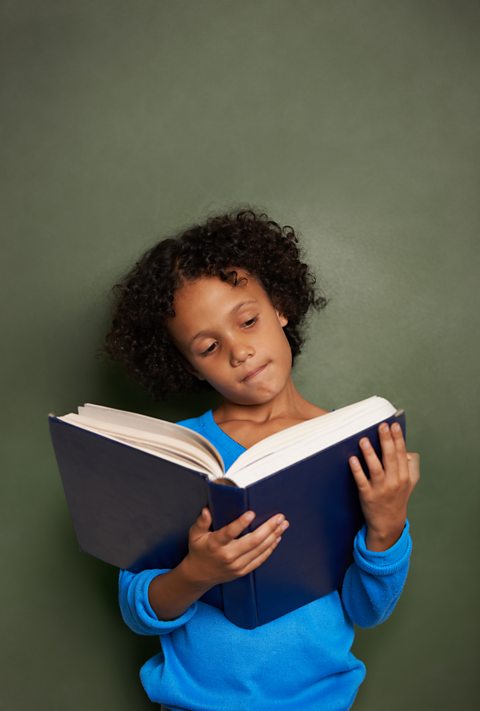
Be a detective
Being able to read confidently and independently is so important across all subjects in school.
Normally, the more we read the better we become at it. However, any book you choose must be at a comfortable level for you to understand. When this is the case, you will be able to identify the main points, sum up what has happened in your own words, organise any research you have carried out and discuss points that are sometimes only inferred.
It's a bit like being a detective, you need to find the clues and use your reasoning skills to figure out information that may be missing in a text or picture.
This is exactly what Joe and Cinders were doing, right before Bigfoot Bill appeared as a ghost! As you improve, the difficulty of the texts you can read independently will increase too.

Hone your skills
But what does being a âgoodâ reader actually sound like.
This can depend on a number of things, including who you are reading for (yourself, a small group of friends or a full audience), what you are reading (fiction or non-fiction) and why you are reading (to present information to the class or perform in a play).
Despite this, there are a few things that your teacher will always look out for:
- fluency â recognising and reading words quickly and smoothly
- expression â if you understand the words and recognise the grammar/punctuation, you can to read the text with a sense of feeling (for example sad, happy or angry) that matches what it means
- comprehension â understanding the story and being able to talk about it clearly and accurately
Developing a love of reading will have huge benefits across everyday life. So why not choose to pick up a book today and join the millions of other people around the world doing the same.
More on Reading
Find out more by working through a topic
- count3 of 15
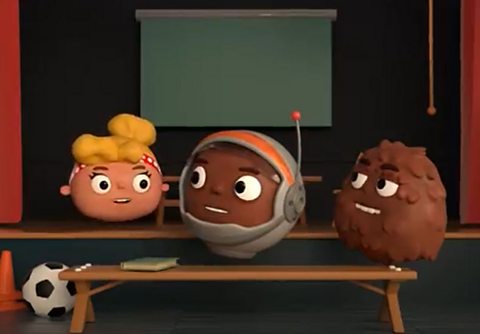
- count4 of 15
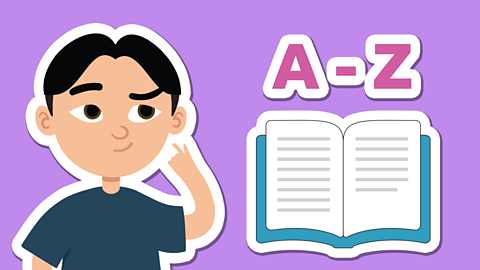
- count5 of 15
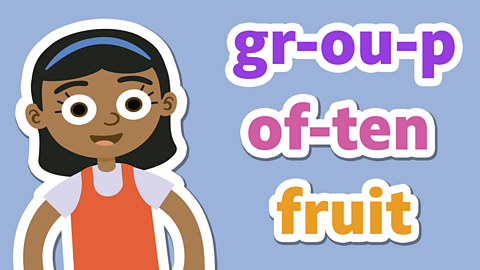
- count6 of 15
